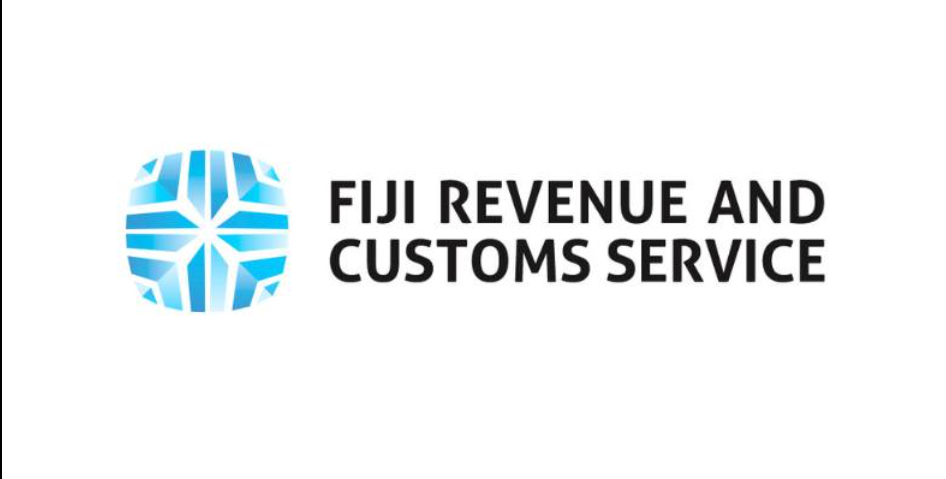SIGNIFICANT legal and policy concerns about the implementation of the Tax Crimes Taskforce has been raised by economist Dr Sunil Kumar, who has issued a warning that improper handling of confidential taxpayer information could expose the Fiji Revenue and Customs Service (FRCS) to serious legal breaches and undermine business confidence.
Dr Kumar said the central issue was whether non-FRCS personnel were being given access to confidential tax information.
Chaired by the FRCS board member and a renowned chartered accountant Nitin Gandhi, the Tax Crime Taskforce aims to further strengthen tax compliance, prevent tax evasion and enhance revenue collection through rigorous enforcement and collaborative efforts with relevant agencies and businesses.
Several significant cases have been formally referred to the Fiji Independent Commission Against Corruption (FICAC) for prosecution by the Taskforce.
One involves a complex VAT fraud scheme and the others concern individuals falsely acting as tax agents and submitting fraudulent tax returns.
“Providing confidential business or tax information to private individuals is a bad idea unless they are formally brought under FRCS’s legal secrecy framework—either as employees, agents or consultants—or are officers of authorised public agencies operating under information-sharing agreements. Otherwise, it is highly problematic in law and policy,” Mr Kumar said.
He pointed to several laws governing confidentiality, including the FRCS Act 1998, Tax Administration Act 2009 and the FRCS Information Sharing Regulations 2019, which strictly limit who can access taxpayer information.
“If identifiable taxpayer information is shared with persons not covered under these provisions, FRCS would be at serious risk of contravening its secrecy obligations.”
He warned that poor implementation could set a worrying precedent.
“It may normalise broader access to tax data, encourage future fishing expeditions, and create scope for heavy-handed enforcement actions that chill business confidence,” he said.
International standards—such as OECD and UN tax-transparency protocols—require strict confidentiality protections, with penalties for unauthorised disclosure.
Dr Kumar said Fiji could face negative global assessments if safeguards appear weak.
While multi-agency tax-crime taskforces are common worldwide, he said they must follow strict rules.
“Members are public officials bound by secrecy laws, and any external experts must be contracted and sworn in under equivalent provisions, or receive only redacted data,” he said.
Dr Kumar said a well-designed taskforce could strengthen revenue collection and deter tax evasion but warned the risks were equally significant.
“If confidentiality is perceived to be weak, businesses may under-invest or operate informally. Fears of selective enforcement or commercial spying could damage investor confidence, especially in high-value sectors.”
He said robust tax enforcement must be paired with strong legal safeguards.
“Every person accessing tax information must fall within the FRCS secrecy framework. Information sharing must occur only through legal mechanisms. And communications must emphasise due process and the protection of legitimate businesses,” Dr Kumar said.
Despite multiple attempts this week, FRCS has not responded to queries seeking clarification on the legality and confidentiality safeguards surrounding the Tax Crimes Taskforce.
The Fiji Times had asked FRCS to explain how the Taskforce operates under the FRCS Act, including whether its members are authorised officers, what legal provisions permit their access to taxpayer information and whether confidentiality agreements, guidelines or MOUs exist.
The closest that issue on confidentiality (of both whistleblower and taxpayer being investigated) was mentioned was when Mr Gandhi referred to it during his speech at the formal signing early this month of a Memorandum of Understanding (MOU) between the taskforce and its eight agency partners to formalise their partnership.
“We have adopted an evidence-based approach to ensure that our actions are guided by data, facts and sound investigative practices,” Mr Gandhi said.
“The taskforce also utilises the whistleblower avenue to encourage confidential reporting and protect those who come forward in the interest of justice.
“Confidentiality remains a cornerstone of this work, ensuring that investigations are conducted with integrity and that taxpayer information is protected throughout the process.” Questions also remain on whether the full membership of the Taskforce can be publicly released and what protections are in place to ensure compliance with statutory secrecy obligations governing taxpayer data.



